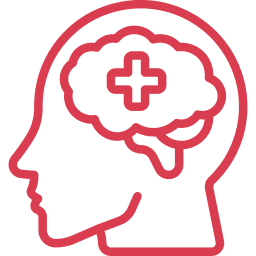We Work With Children, Adolescents, Young Adults & Adults
Helping You Through Every Stage of Life
No matter where you are in life, P.S. Psychiatry has an experienced professional to help guide you through the challenges you’re experiencing. Finding a new person to help can be difficult, but we’re here to help make it as simple as possible for you and everyone else in your life.

Children
We understand that finding the right prescriber for your child is critical. Our promise to parents is simple; we’ll treat your child like we would our own. We work with children starting at 5 years of age.

Teenagers
Finding a prescriber that understands the challenges of being a teen today can be difficult. That’s where we come in…we help your teen feel heard and create a safe enviroment for them to share their feelings and express the challenges they are experiencing.

Young Adults
Young adults (18-26 years of age) often experience a time of separating from parents by going to college or entering the workforce, living away from home, and facing the challenges of the modern world. This stage can come with many ups and downs, and we are here to support you.

Adults
Adulthood is challenging and comes with many unexpected twists and turns. We’re here to help you navigate them. Together, let’s get you back to your authentic self.

Geriatric
Getting older can be scary. That’s okay. We’re here to help you navigate your concerns so you can focus on what’s important: living a full life.

































